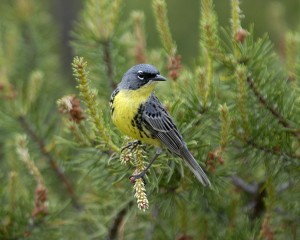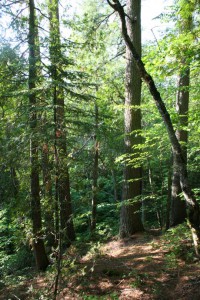Michigan DNR poised to allow fracking along Au Sable’s ‘Holy Waters’
The Michigan Environmental Council and our allies are deeply concerned about pending mineral leases that would allow oil and gas drilling along a section of the Au Sable River so pristine and revered by trout anglers that it’s known as the Holy Waters.
The parcels were among those up for bid in an October auction of mineral leases on state land. The winning bidder on the leases was Encana, a Canadian company with plans to drill some 500 wells across northern Michigan using the controversial method called fracking.
You can see a map of the parcels in question here.
Leading the opposition to the leases are the Anglers of the Au Sable, an MEC member group. Here’s a brief video from the Anglers that provides a fuller understanding of the special place we’re talking about.
MEC has joined the Anglers, Grayling Township, local Realtors, business owners and fellow environmental groups in signing a letter to Department of Natural Resources Director Keith Creagh asking him not to authorize the leases. He will announce his decision at Thursday’s meeting of the Natural Resources Commission. You can read the letter here.













